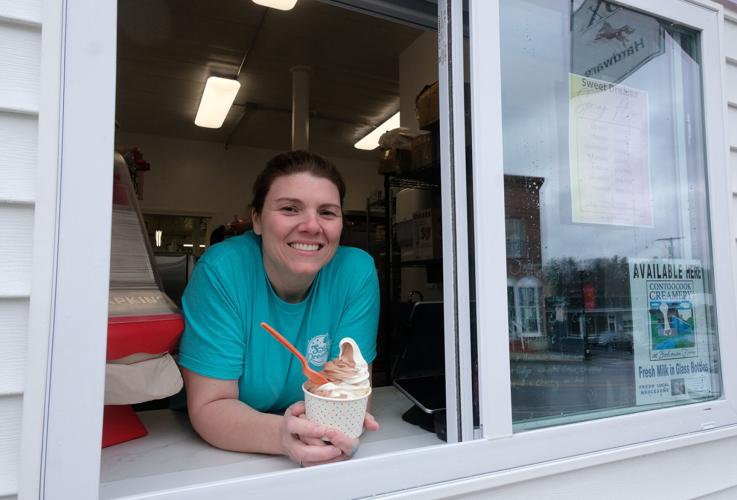Q: Can major landscape renovation use reserve funds when too little funds are available as a line item? — M.K., San DiegoQ: Should HOA boards expense directly out of reserves without establishing a maintenance budget annually?— D.
L., San MarcosA: The reserve fund is established so that the homeowners association (HOA) can build up money to offset the ongoing deterioration of common area components included in the HOA’s reserve study. If the reserve study included landscaping elements, then reserve funds could be withdrawn for that purpose, but normally HOAs do not include those items in their reserve studies.

A reserve study is a capital planning tool that provides guidance.Civil Code Section 5510(b) does not allow HOAs to use reserve savings funds for items not included in the reserve study.However, HOAs are allowed to borrow from the fund to meet short-term expenses if they follow the requirements of Civil Code Section 5515.
The board must announce the proposed borrowing in an open meeting agenda and in that announcement must also explain why the borrowing is needed, give options for repayment, and indicate if a special assessment is being considered. That borrowing must be repaid within one year, unless the board in a written finding determines a temporary delay in repayment is necessary.The purpose of the reserve fund is to protect the HOA’s long-term financial interests, so diverting that money to another purpose outside the reserve study is a bad idea.
Doing so is essentially stealing from the HOA’s future, like living on credit cards.Q: Our HOA board believes the reserve fund is just a bank account and the required reserve study is just advisory. Therefore, no increases for inflation have been made for many years, and we are classified “underfunded.
” Is there any state agency that we can appeal to? — P.J., Palm Desert.
A: No state agency forces HOAs to obtain reserve studies and accumulate funds in reserves. Technically, reserve studies are advisory — but they statutorily created reports, which are supposed to guide HOAs toward protecting themselves from the fact of deterioration of assets. The problem of HOAs not sufficiently attending to their reserve funds is so great that in 2012 the California Department of Real Estate issued a “Consumer Warning” about the risks of living in underfunded HOAs.
There is no official definition of “underfunded,” although many reserve study providers and experts believe that a balance which is less than 70% of the currently required accumulation is “underfunded.”Underfunded HOAs may find property values affected — the disclosures required by Civil Code 5570 are intended to highlight to prospective buyers the HOA’s level of financial health regarding reserves. Furthermore, Fannie Mae and Freddie Mac (the two government-sponsored entities backing most residential mortgages in the U.
S.) require that at least 10% of the HOA’s budget be devoted to funding its reserve account.It’s important to remember that placing money in reserves is not really an expense but is saving for future expense — expenses that are certain to occur.
An increasing number of underfunded HOAs are learning that their members cannot qualify for FNMA or Freddie Mac loans.Studying and calculating reserves is legally required. Following the reserve study recommendations is sound HOA financial management.
Coming up: Part 3 on HOA reserve accounts will be next week’s column.Kelly G. Richardson is a Fellow of the College of Community Association Lawyers and Partner of Richardson Ober DeNichilo LLP, a law firm known for community association advice.
Submit questions to [email protected]..
Business

When can HOAs borrow from reserve funds?

A homeowners association is allowed to borrow from the reserve fund to meet short-term expenses if it follows the requirements of Civil Code Section 5515.















